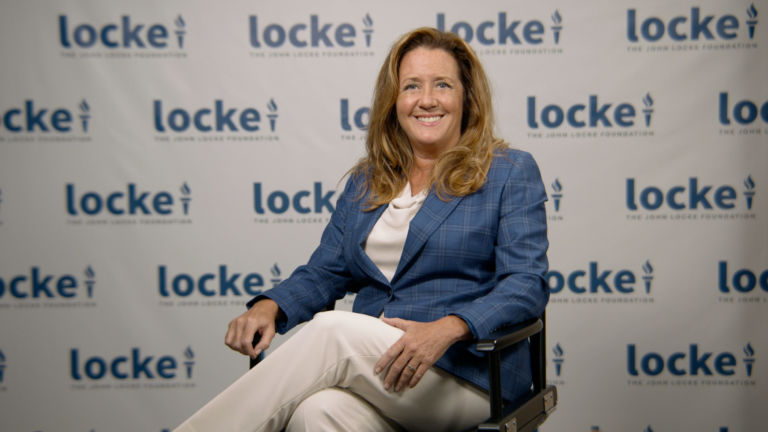Dorothy Schulz writes for the Martin Center about problems linked to current ideas about police education.
Law enforcement/criminal justice degrees are among the most awarded in the country. This includes about 35,000 associate, 63,000 bachelor’s, and 7,500 master’s degrees conferred annually. Their popularity is based on a misconception.
Colleges rely on hyped-up marketing to convince students that the degrees are gateways to jobs as police or corrections officers, firefighters, emergency managers, or other public service positions. Sending the message that a cop badge starts at community college is not uncommon. Neither is posting typical hourly wages for law enforcement personnel.
But a law enforcement degree or certificate is not a direct line to a police job. To become a police officer, a candidate must meet a department’s requirements, including age and education (fewer than 1 percent require a four-year degree); physical, psychological, and drug testing. Only after those criteria are met is a candidate eligible to attend a police academy.
Why, then, are college administrators promising to reform something they don’t control? Are they showing their “wokeness” by responding to demands to defund—or at least reform—the police? Are they virtue signaling their concerns about police tactics?
Speaking in June, Elroy Ortiz Oakley, chancellor of California’s community colleges, promised a “review of police instruction” to create a curriculum that better reflects “the lived experience of people of color.” …
… Oakley wants every community college to become more inclusive and to develop “an anti-racist curriculum.” He quoted from a report about black students’ and their families’ concerns that they were unaware of financial aid programs, felt isolated because there are few black students or professors, and received misleading academic information they felt was motivated by racial biases.
While those may be legitimate issues, none involve course content, and none are based on recent actions by police officers.


